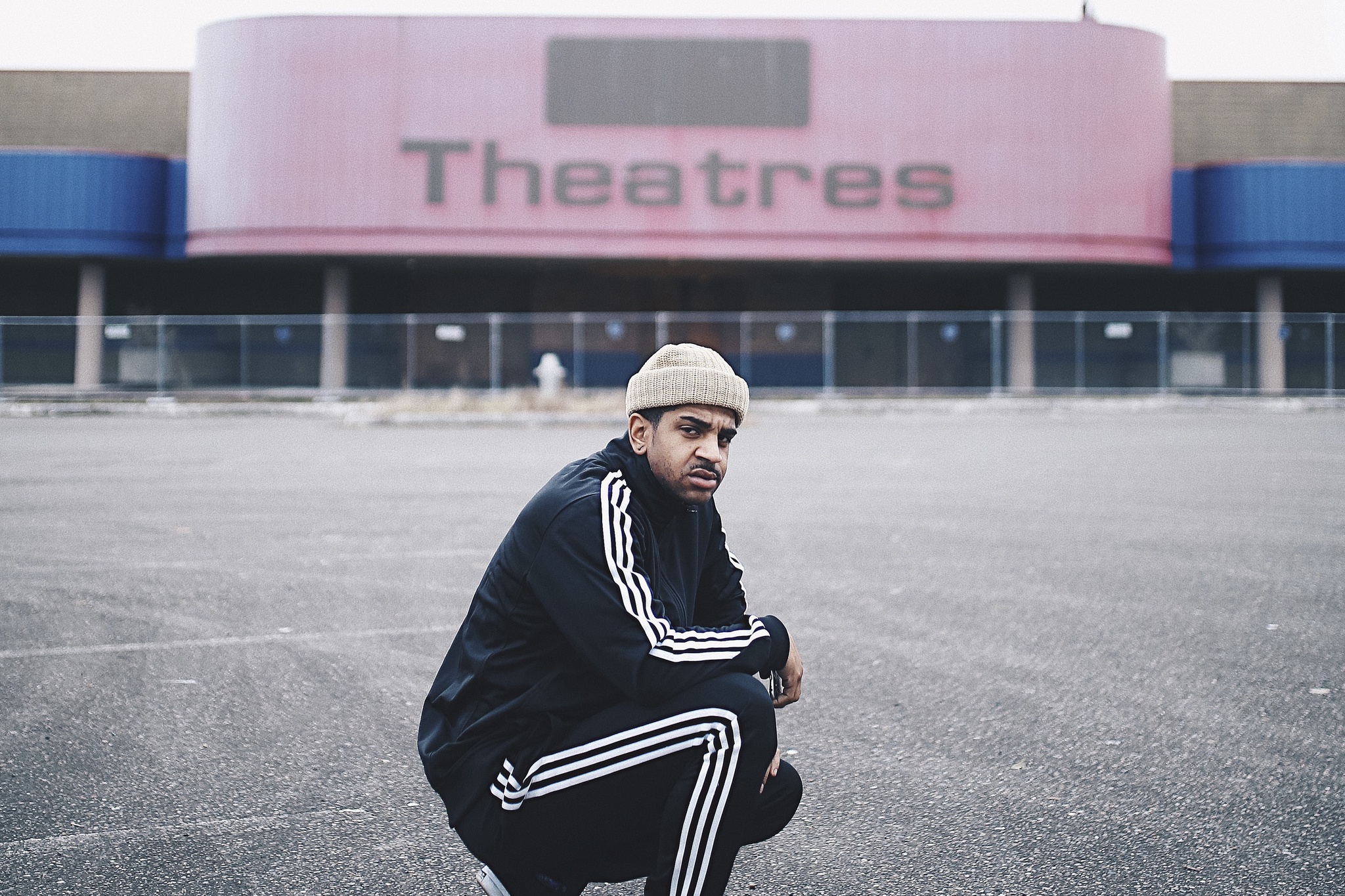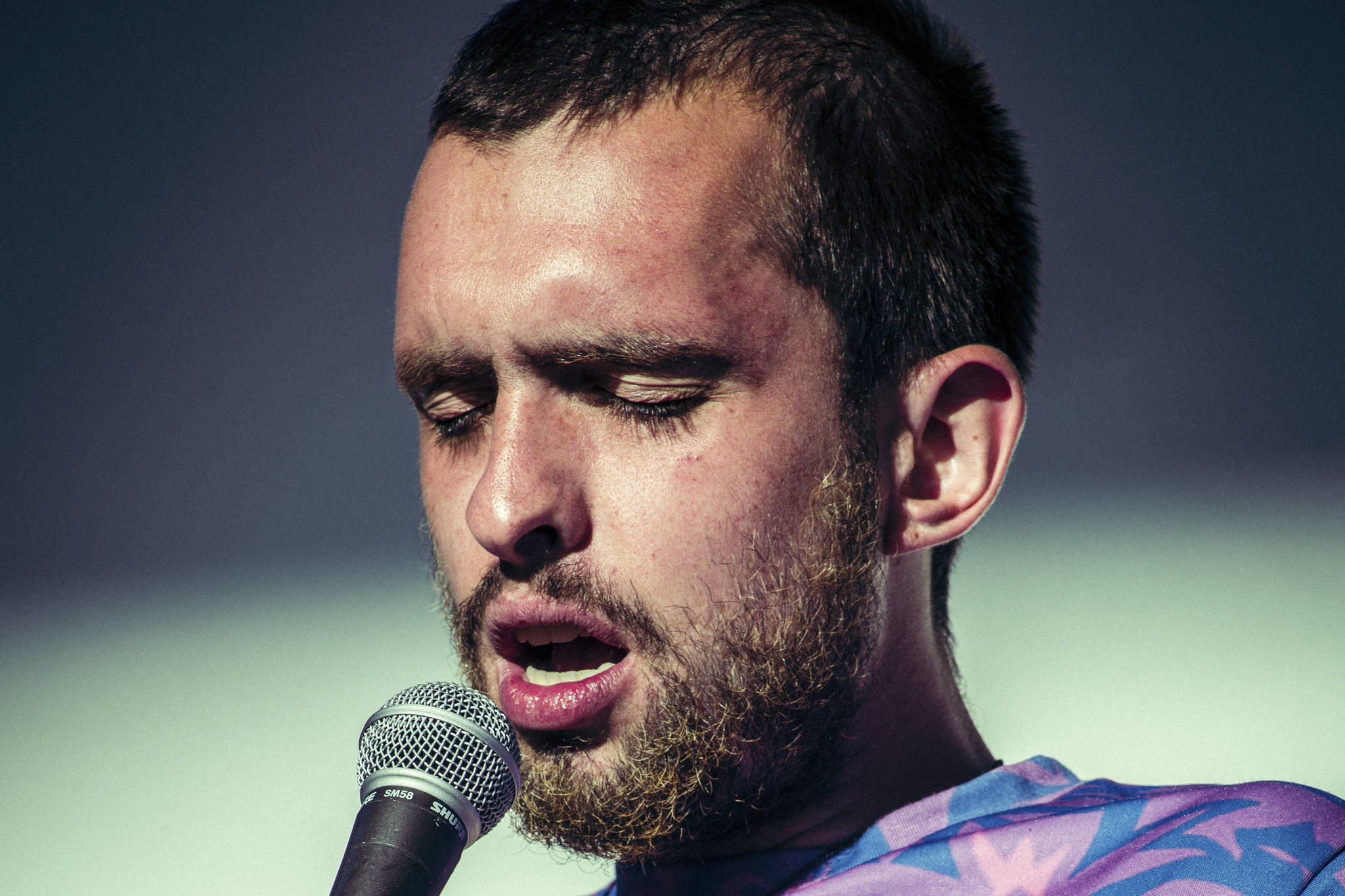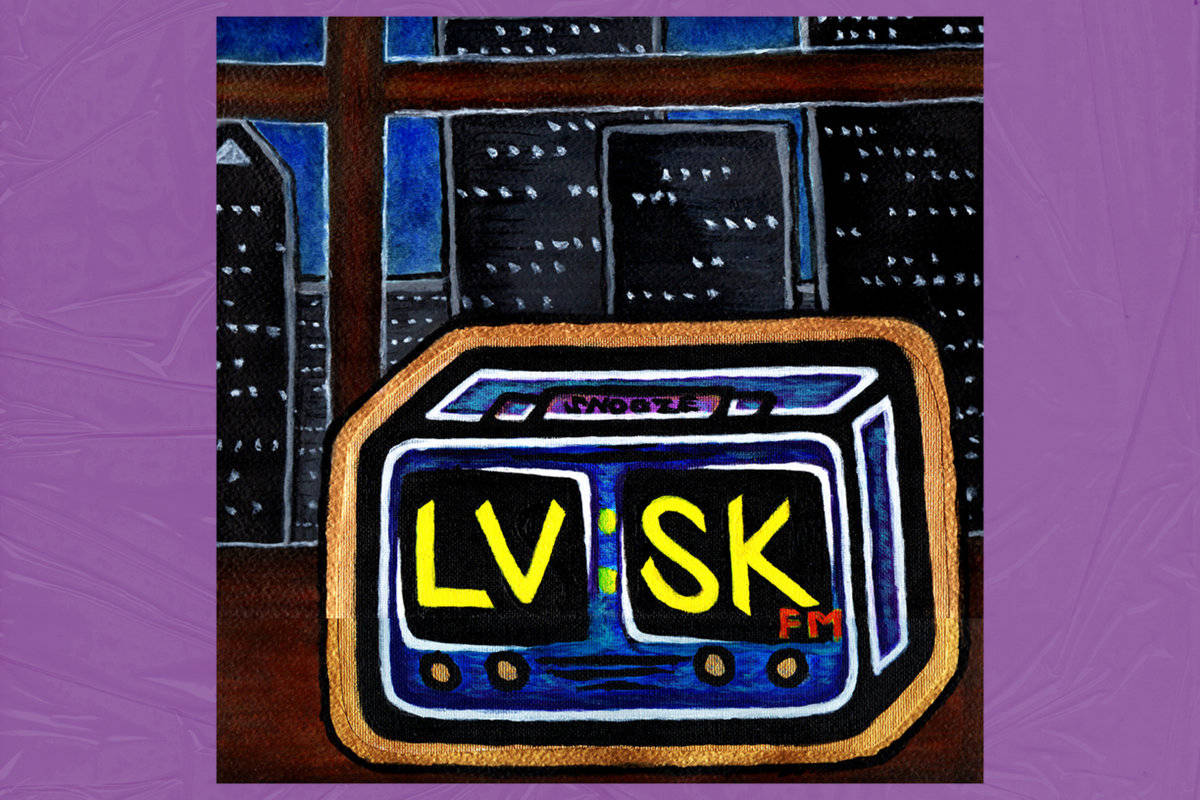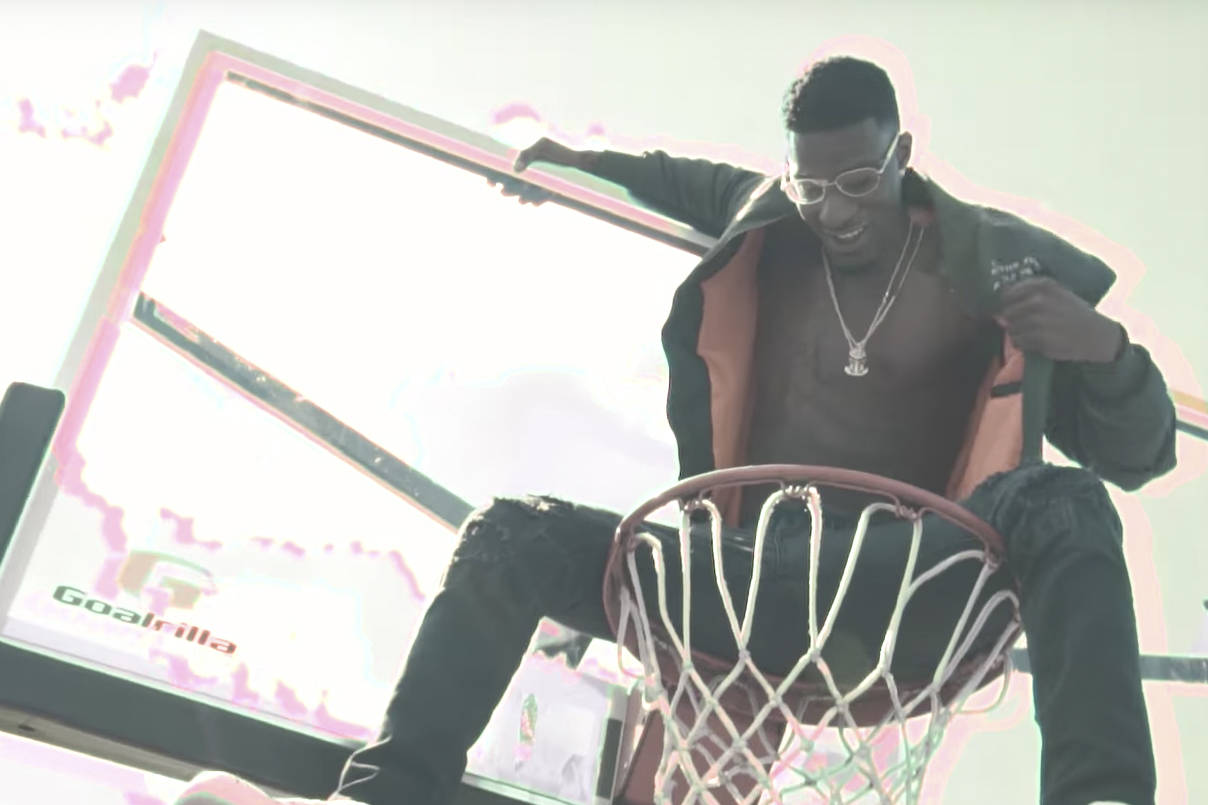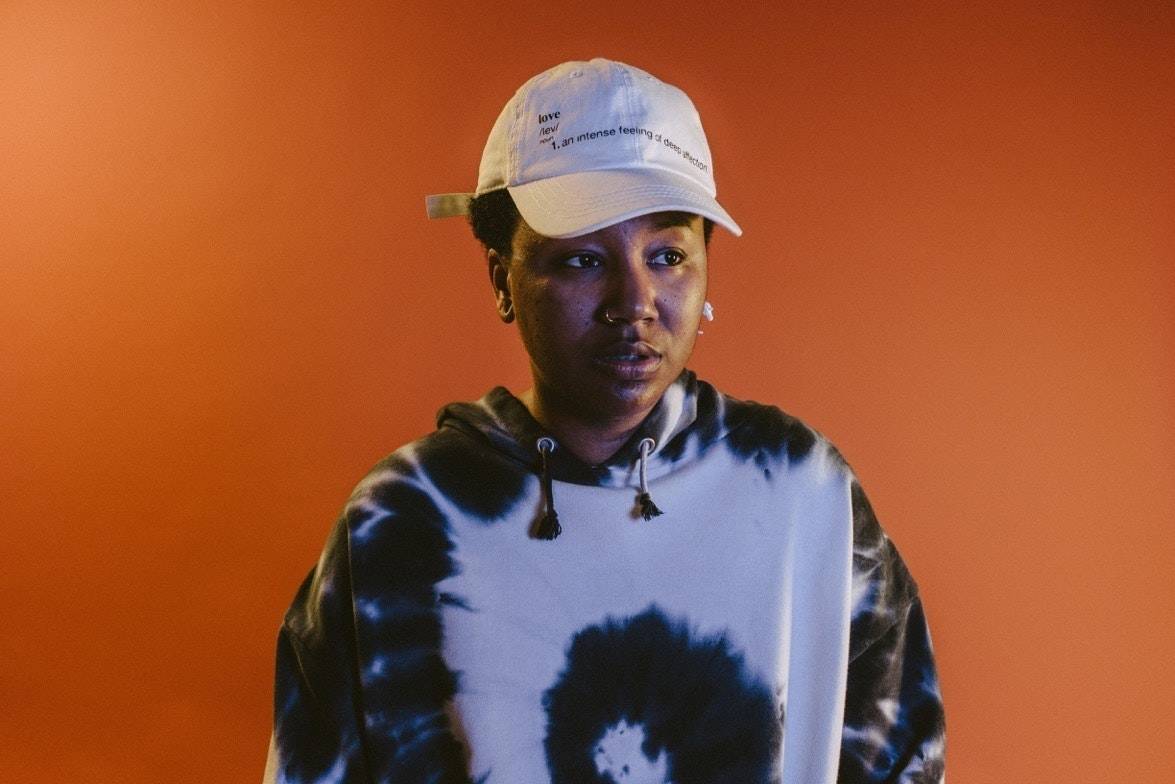The last time I was at the eTc boutique, I was meeting established Tacoma rapper Bruce Leroy to discuss his return to the hip-hop scene with his new record Home. On that day, I was greeted by Austin Howard, who was working at the front desk. This time, though, I’m here to interview Howard—better known by his stage name, Bujemane—to discuss his exit from rap with his EP TYTHBAVFE (short for Thank You This Has Been a Very Fun Experience, out now at soundcloud.com/bujemane).
“I’m not a big fan of rap politics, the rap community, or being called a rapper,” Howard says. “I just make rap music. It’s my closest available music outlet. If my parents would have bought me a trombone, I’d be in a band. So I’m not a ‘rapper.’ I just like writing music.”
Howard, who has asked me not to call him a rapper, is one of the artists at the forefront of Tacoma’s hip-hop scene. As an MC and a fashion designer (for his clothing brand Red Zone), it seemed he would ride the city’s new wave with fellow Boiler Boyz Ghoulavelii and Yung Fern. But Howard has not only quit rapping; he’s no longer a member of the Boiler Boyz collective or his former label home, Seattle’s Hellur Records. “It’s still all love,” Howard says. “This is just a way for me to brand myself and get away from the stuff I don’t like as much. The shit that comes with rap that is annoying and tedious.”
According to Howard, his last EP, I Quit, was his announcement that he was quitting rap—in case the name wasn’t clear. TYTHBAVFE is his official exit statement. While both projects were released within months of each other, they differ in every way imaginable. I Quit, packed with dark overcast instrumentals, was a lyrical exploration of his aspirational, emotional state, and demonstrated his clear ability as an MC.
“It was a figurative and literal statement,” Howard says of I Quit. “It was a rap album that announced my quitting of rap. The tape is deep and emotional. And that was because I wanted to make a ‘rap’ tape before I made a [more personally authentic] Bujemane project, so people couldn’t discredit me as a ‘rapper.’ When they say ‘You’re a mumble rapper’ or ‘You’re an XXL rapper,’ I can be like, ‘No. Listen to I Quit, I rapped on 95 tempo beats and used bars and rapped about my life.”
With I Quit, his goal was to make a project that would put him in the canon of traditional rappers. But on TYTHBAVFE, he tries to do anything but that, crafting a new sound tailored to break free of rap’s traditional sonic and lyric constructs. “TYTHBAVFE is a lot more fun,” he says. “You probably like music with content and substance. I don’t care. If someone says ‘bitch’ on a track for 10 minutes and it sounds good, I’ll listen to it. That’s my thing. You don’t gotta say shit. Like Lil Uzi’s verse on ‘Bad and Boujee,’ I fuck with that. It sounds good.”
TYTHBAVFE skirts anything we have heard from Howard’s Tacoma contemporaries—mostly dark, synthy trap records. Instead, Howard has fused hip-hop drums with wavy house samples. “I used to DJ,” Howard says. “I used to spin hella rap music and hella house music. I would spin parties and DJ YG and shit, then go to another party and spin house. If rap is going to be this whole ordeal, and if I’m not ‘following the rules,’ then all right. I won’t be a rapper.” He assures me that when TYTHBAVFE is posted to iTunes, it will be listed under pop to troll the hip-hop community.
The dance-oriented influence is in full effect on “Boolin,” its intro a gnarly house beat that morphs into a distinctive groove throughout the rest of the tune. “Swerving Lanes,” the track that birthed this new Bujemane sound—produced by Gary Audio—is also a major standout. Howard’s verse is riddled with “fun” lyrics like “I’m an Instagram thot, pretty bitch of the year, I killed the pussy now I’m getting tattoos of tears.” Those lyrics, along with the track “Cook My Bitch,” are an ode to one of Howard’s influencers, Lil B. “If someone who is rapping right now doesn’t pay any homage to Lil B, they’re lying,” he says. “And I’m going to curse them with the Based God’s curse. Because he’s hella influential. He’s the only reason why you can say shit that’s not OK to say and not be judged for it.”
Unfortunately, as a rapper, Howard does feel judged. The title itself marginalizes him, he believes—one reason he’s deciding to shed it. “I feel that there are negative connotations that come with rap,” he explains. “Like, people never expect that I’m going to school being a rapper. Or that I’m on the safety committee at work. I feel like the label undermines me as a person because of the negative stereotype.”
Rap music is only one of Howard’s creative outlets. He is also a fashion designer—for now. He plans on dropping fashion design soon as well, when he ends his rap career. His brand, Red Zone, occasionally has pieces for sale in the eTc boutique, where much of Tacoma’s distinctive hip-hop scene has fomented. When I ask how he gets ideas for designs, his answer is surprising. “I just steal a bunch of stuff, honestly,” he says with a laugh. “I love telling people that. They get so mad.” He turns around so I can see the angel on the back of his shirt and tells me, “It’s clip art. From Shutterstock, I’m pretty sure. I love telling people that, because it makes everyone so mad when people copy people.”
According to Howard, there are no more original designs, only designers copying each other—which to him is OK as long as you maintain a personal flair. “Anything I take and make my own is going to be tight, because I’m tight. I’m cool. Any idea I copy will be cool too, because I made it. I’m going to steal all the ideas I can steal because I’m going to make them better.”
I ask Howard one last question. Now that he is quitting fashion design and rap, what will he do next?
“I’ll still make music. I bought a bass guitar. I’m trying to start a punk band. An all-black punk band. I think that’d be sick. We’ll rap about police brutality and systemic racism.” music@seattleweekly.com
